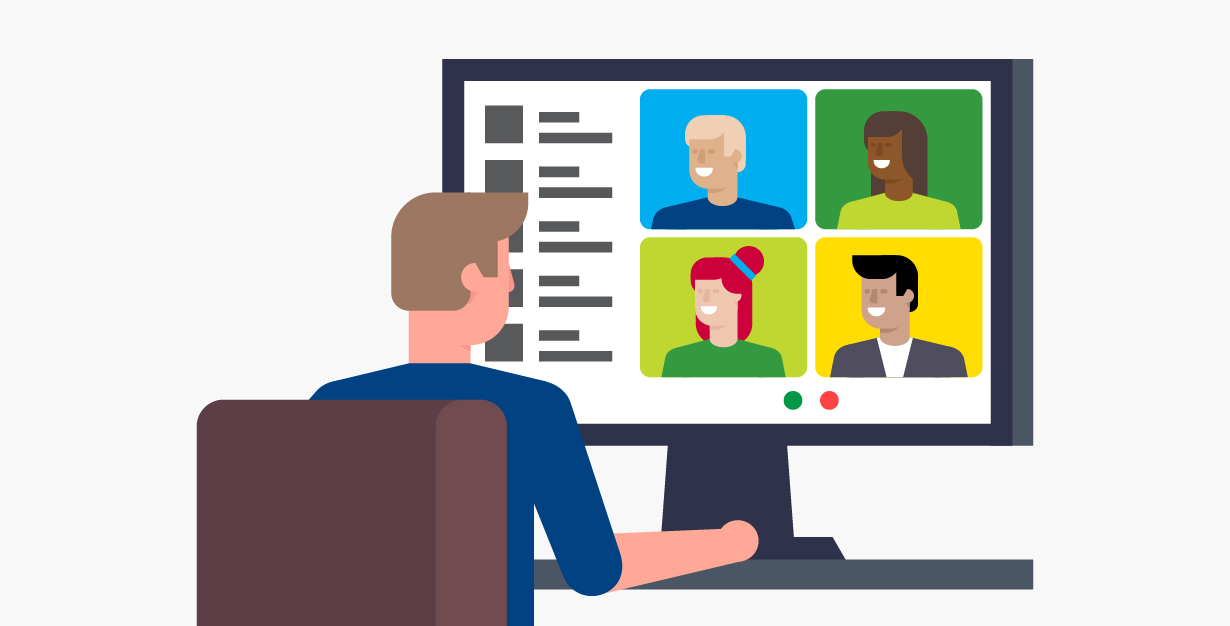By the bioMérieux Connection Editors
SHIFT20, the Institute of Food Technology’s (IFT) 2020 Annual Meeting and Expo, is occurring virtually this year, but that hasn’t halted the collaboration and engagement that allows participants to see food innovation through a new lens. Two sessions in particular are hosted by bioMérieux colleagues: an IFT Featured Session, “Data Revolution: Is Food Safety Sitting on the Sidelines?”, and an IFT Hot Topic Session, “Food Safety: Going Viral.” Both sessions contain panels of experts, and they dive into crucial topics for today’s food industry.
Data Revolution: Is Food Safety Sitting on the Sidelines?
During the session “Data Revolution: Is Food Safety Sitting on the Sidelines?”, the panel discusses using data science to problem-solve and improve food production systems. Hosted by Dr. Vik Dutta, Senior Staff Scientist at bioMérieux, it dives into the value of high-quality data and what is needed to increase the use of data science in the industry. The session follows the keynote address, given by Frank Yiannas, FDA Deputy Commissioner for Food Policy and Response, on the recently announced New Era of Smarter Food Safety Blueprint, which focuses on smarter tools and approaches to prevent food safety risks.
The food industry is at a crossroads, facing a number of challenges, and a data science revolution is inevitable, says panel member Dr. Maria Velissariou, CSTO of the Institute of Food Technology (IFT), during the featured session. “We need to be able to understand, predict, plan and respond in a way that is efficient, productive and helpful to society.”
Other panel members included Cronan McNamara, CEO and Founder of Crème Global and Seán Leighton, Global VP of Food Safety, Quality and Regulatory Affairs at Cargill.
Throughout the session, panel members refer to data as the “new oil.” They compare “data lakes” to crude oil that is then processed. The refined oil, or structured data, can next be fed to machines. Once data is structured, we gain the ability to feed it into models for machine learning, such as whole genome sequencing, and these models have the ability to make predictions that otherwise wouldn’t be possible.
Enormous sets of data also give us an opportunity to look at patterns, anticipate what these patterns may indicate, and react faster. McNamara shares how, once you begin to gather data such as weather, temperature, and humidity, you can pair it with other things, such as a swab of the microbiome environment. Combining this data can allow us to predict when a manufacturing environment may need an intervention because of perceived risk.
During the end of the session, panelists discuss the skill sets needed by new data scientists and engineers coming into the industry. They agree that it’s very important for people coming into the workforce and those currently in the workforce to be able to communicate well and that overall, technology needs to be a part of college curriculum in food science.
Food Safety: Going Viral
Hosted by Franck Chatigny, Global Marketing Manager for food pathogens at bioMérieux, “Food Safety: Going Viral” discusses some of the biggest changes happening in food safety today. Topics include how COVID-19 is making an impact on the prevalence of routine pathogen testing in food and the need to merge smart technologies into the food supply chain. Efi Papafragkou joins the panel from the Food and Drug Administration’s Molecular Virology Team, along with Erin Crowley, Chief Scientific Officer at Q Laboratories and Prasant Prusty, Co-Founder of Pathogenaia Inc.
Dr. Papafragkou starts off the session by discussing the importance of routine virus testing and what we gain from it. Companies can gain better visibility into contamination, where it can occur, and how it spreads. This allows them to develop preventative controls and put practices in place to reduce the contamination in the future.
Hepatitis A and norovirus are two of the most common pathogens that are tested for in food, because they commonly lead to outbreaks. But recently, the COVID-19 pandemic has shed light on new needs beyond just testing for common pathogens. Crowley acknowledges that since the pandemic began, there has been more interest in foodborne viruses in general. There has been a greater need for virus testing and more companies are making proactive decisions about food safety.
Along with the new need for more routine, widespread virus testing, Prusty also discusses the need to implement smart technologies that can learn about and proactively monitor the environment. “Unless we understand the inherent risk coming from supply chain, we will not be able to address the risks in the supply chain,” he says.
Watch the Full Sessions
To watch the full keynote address and both sessions, “Data Revolution: Is Food Safety Sitting on the Sidelines?”, and, “Food Safety: Going Viral”, visit the SHIFT20 registration page. You can take part in these food innovation sessions for months to come—sessions that are a part of SHIFT20 will be available for viewing through February 2021.
Opinions expressed in this article are not necessarily those of bioMérieux, Inc.



